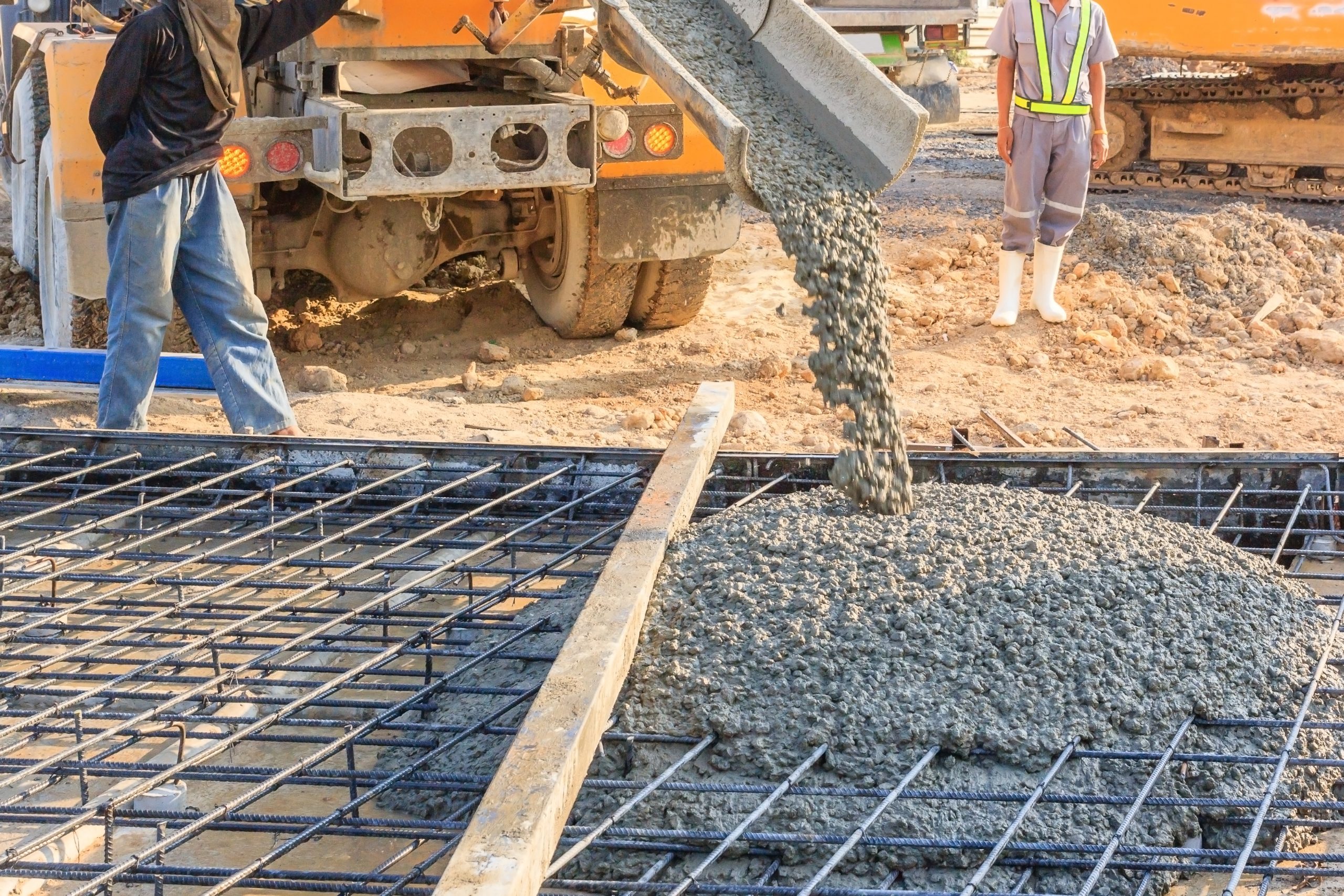High-Quality Concrete Providers: Durable Solutions for Your Building And Construction Demands
High-Quality Concrete Providers: Durable Solutions for Your Building And Construction Demands
Blog Article
Revealing the Eco-Friendly Advantages of Utilizing Recycled Concrete in Sustainable Building Practices
In the realm of sustainable building practices, the application of recycled concrete stands as an essential yet commonly undervalued source. Past its conventional applications, recycled concrete deals a myriad of environmentally friendly benefits that extend far past the confines of traditional building products.
Environmental Advantages
By including recycled concrete into construction practices, there is a considerable decrease in the need for brand-new raw materials, leading to preservation of all-natural resources. Additionally, the usage of recycled concrete diminishes the amount of waste being sent out to land fills, thereby decreasing environmental contamination and alleviating the strain on garbage dump capabilities (Concrete).

Additionally, the manufacturing of standard concrete is a significant source of carbon exhausts as a result of the energy-intensive procedure of concrete manufacturing. On the other hand, recycled concrete has a lower carbon impact as it reduces the need for new concrete manufacturing. This decline in carbon exhausts adds to mitigating environment modification and sustains lasting building techniques. Overall, the ecological advantages of making use of recycled concrete are considerable and play a vital role in promoting environment-friendly building methods.
Cost-Efficiency
When analyzing the use of recycled concrete in construction tasks,Accomplishing cost-efficiency is a paramount factor to consider. One of the crucial advantages of using recycled concrete is its cost-effectiveness contrasted to traditional concrete. The manufacturing of recycled concrete entails less power and sources as it utilizes existing products, lowering the general job costs considerably. Additionally, the schedule of recycled concrete in your area can even more lower transport expenses, making it a more cost-effective choice for construction projects.
Furthermore, making use of recycled concrete can lead to savings in garbage dump prices by diverting concrete waste from disposal sites. This not only lowers the environmental impact but also eliminates the prices connected with waste elimination. The durability and efficiency of recycled concrete are equivalent to traditional concrete, making certain that expense savings do not endanger the high quality of the building and construction.
Resilience and Stamina
Recycled concrete offers similar, if not exceptional, longevity and stamina residential or commercial properties to standard concrete - Concrete. Via advancements in handling techniques and quality control, recycled concrete can meet or surpass the efficiency criteria of standard concrete.

Waste Reduction
Effective waste decrease practices play a critical role in the sustainable use of sources within the building industry. When it concerns utilizing recycled concrete, waste decrease is a key benefit that adds significantly to environmental conservation. Conventional building and construction approaches often generate substantial amounts of waste, particularly in the form of concrete rubble from demolition sites. By incorporating recycled concrete right into building and construction projects, this waste is repurposed and drawn away from landfills, minimizing the overall environmental impact of building and construction tasks.
In addition, the use of recycled concrete can lead to set you back savings for building projects, as it is often a lot more affordable than sourcing and carrying new materials - Concrete. In final thought, waste reduction through the use of recycled concrete is a vital component see of sustainable building and construction practices that benefits both the setting Visit This Link and the construction sector as a whole.
Power Preservation
When it comes to making use of recycled concrete in building and construction, significant energy financial savings are attained contrasted to conventional concrete manufacturing. The process of producing recycled concrete involves squashing and recycling existing concrete products, which takes in much less energy than mining, handling, and carrying raw materials for brand-new concrete manufacturing.
Conclusion
To conclude, the usage of recycled concrete in lasting building and construction techniques provides countless environmental advantages, cost-efficiency, resilience, toughness, waste decrease, and power preservation. By including recycled concrete right into building and construction jobs, we can add to a much more sustainable and eco friendly future. It is necessary for the building and construction industry to focus on using recycled products to help in reducing the environmental effect of construction activities.
One of the vital advantages of making use of recycled concrete is its cost-effectiveness compared to standard concrete.Furthermore, the usage of recycled read here concrete can lead to cost savings in land fill costs by diverting concrete waste from disposal websites. The sturdiness and efficiency of recycled concrete are comparable to conventional concrete, making certain that expense financial savings do not endanger the quality of the building.

Report this page